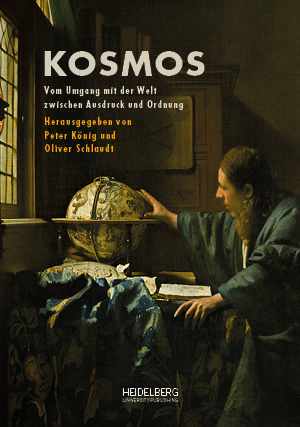How to Cite
Identifiers (Book)
Published
Lotzes Kosmos: Ästhetische oder metaphysische Idee?
Abstract What does “cosmos” mean from a philosophical point of view? What guiding questions are related to the identification of the world with a “cosmos gestalt”, leading us to a certain interpretation of the meaning of our existence in the world? This question is rooted in Antiquity, but it also has a modern history—and specifically a German history: after Christian Wolff made cosmology one of the three main parts of metaphysics and Kant provided the critical reading of this point of view in the Critique of Pure Reason, the idea of the cosmos became, in Hermann Lotze’s work, the guideline and architectural principle of one of the last comprehensive system philosophies in the nineteenth century. Philosophical interest in Lotze’s work has been renewed in recent years. Following on from this, this paper shows how Lotze, in drawing on both Wolff and Kant, also opened up a new dimension for the concept of the cosmos by interpreting metaphysics and its philosophical tasks in the sense of a philosophical anthropology.
Keywords Rudolf Hermann Lotze; cosmology (metaphysics); world (metaphysics); philosophy of nature; philosophical anthropology; interconnection of things (Zusammenhang der Dinge); interaction (Wechselwirkung); Immanuel Kant; regulative ideas







